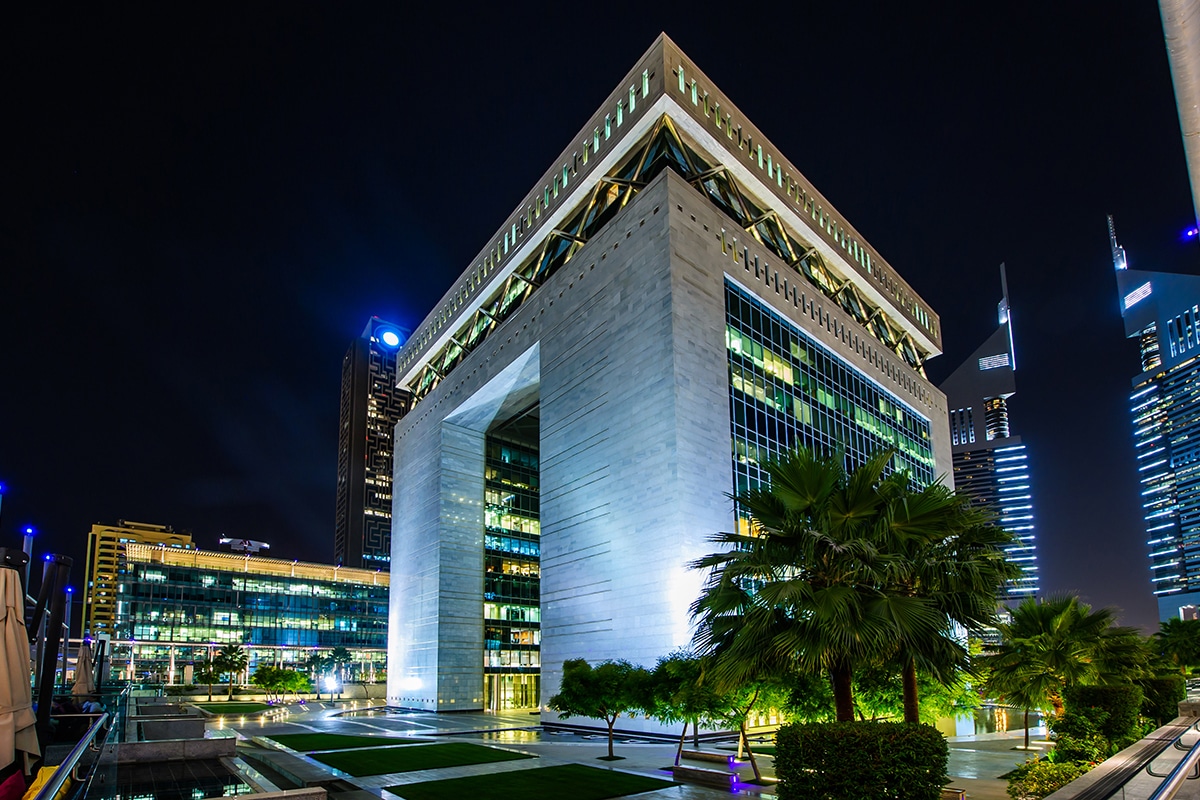The GCC region, particularly countries like the United Arab Emirates and Saudi Arabia, is seeing a sudden influx of fintechs in anticipation of big-bang growth opportunities in open banking in the region, industry players said.
The growing adoption of digital banking solutions and the increasing consumer demand for seamless financial experiences in the region are also encouraging global fintechs to establish a presence in the GCC, they said.
London-headquartered Revolut, US and Ireland-based Stripe, Amsterdam-based Adyen and Bahrain-origin Tarabut Gateway are among a slew of global and regional fintech ventures which have either entered or announced plans to expand into the UAE and Saudi Arabia.
With initiatives to ramp up efforts to build a cohesive open banking ecosystem across the region currently stepped up, industry insiders said the UAE and Saudi Arabia are expected to see the entry of several more international and regional fintech ventures in the coming months.
The open banking payments volume in the GCC region is projected to quadruple to over $930 billion by 2028 from $230 billion in 2023 amidst all the member countries running real-time payment programmes.
“The GCC region, particularly the UAE and Saudi Arabia, is becoming a magnet for fintechs due to its robust digital payments infrastructure, forward-thinking regulations and demand for innovative financial services,” Nauman Hassan, Regional Director – MENA at Paymentology, a global leading cutting-edge payment technology company, told Arabian Business.
“The combination of government-backed initiatives like Saudi Vision 2030, the UAE’s Centennial Plan 2071, and the ongoing rollout of open banking frameworks has created a thriving ecosystem that is attracting both established fintechs and startups [to the region],” he said.
Hassan said several prominent fintech ventures have entered or are actively planning to enter the GCC market.

GCC fintech growth surge
Sector experts said the growing emphasis on financial inclusion and digitisation by GCC-member countries, especially the UAE and Saudi Arabia, aligns well with global fintech ambitions, making the GCC a launchpad for scalable and transformative financial solutions.
This confluence of factors ensures that the UAE, Saudi Arabia, and the wider GCC region remain a top priority for fintechs and investors alike, they said.
Hassan said though open banking in the Middle East is still in its early stages of implementation, its current trajectory shows strong potential to realise the economic vision set out in the region.
“For example, Saudi Arabia’s regulator has issued guidelines on open banking to present enormous opportunities for fintechs in the country, marking a monumental shift towards digital banking in the sector.
“There is also significant development in the UAE, where guidelines for both banks and third-party providers have been set out,” he said.
Industry insiders said the influx of fintechs is also fuelling investor interest in the GCC’s financial technology sector.
Venture capital (VC) and private equity (PE) firms are already taking notice of the region’s growth potential, and expected to make massive investments in the sector going forward, they said.

The $32 million funding round in Tarabut, a UAE-based platform connecting banks and fintechs through a universal API, is cited as an example of the growing VC/PE appetite in the sector.
Investment in fintech hubs
The Paymentology regional chief executive said along with the industry-friendly regulatory initiatives, major investments in fintech hubs such as the Abu Dhabi Global Market (ADGM) and Dubai International Financial Centre (DIFC) to provide support and infrastructure for open banking initiatives are also attracting global fintechs and investors to the region.
Such support mechanisms are also increasing the appetite of international VC and PE firms to invest in GCC-based fintechs, he said.
“As open banking matures and generates more success stories, it will likely attract further investment, driving innovation and competition in the market,” Hassan said.
Sector experts said besides the massive opportunities in open banking, growth opportunities in a wide range of other segments in the financial sector are also attracting fintechs to the region.
The region’s broader embrace of advanced financial technologies, such as AI-driven analytics, blockchain, and Banking-as-a-Service (BaaS), is creating a thriving ecosystem for innovation, they said.
Hassan said collaborations with fintechs have become essential for banks to quickly launch new digital products and stay on top of emerging technologies.
“These partnerships will be crucial as the open banking ecosystem in the Middle East grows, with fintechs offering a fast and cost-efficient route to comply with new and evolving regulator guidelines, whilst also offering innovative products to their customers,” he said.
Industry insiders said the growing adoption of open banking in the region will also break down barriers between banks and fintechs, enabling industry-wide access to financial data, while introducing industry-wide standards for integrations.
An integrated regional open banking ecosystem will also enable fast and low-cost cross-border payments across the Middle East, they said.
“Cross-border payments and other connected financial infrastructure are particularly important in the Middle East, where nations have built extremely close trade, financial and cultural ties,” Hassan said.
In this context, he also pointed out that three major initiatives are already underway in the region – the Buna payment platform, supporting multi-currency payments among Arab Monetary Fund members, the Project Aber launching a common digital currency for the UAE and Saudi Arabia, and the AFAQ system, connecting the real-time gross settlement (RTGS) systems of the GCC.






